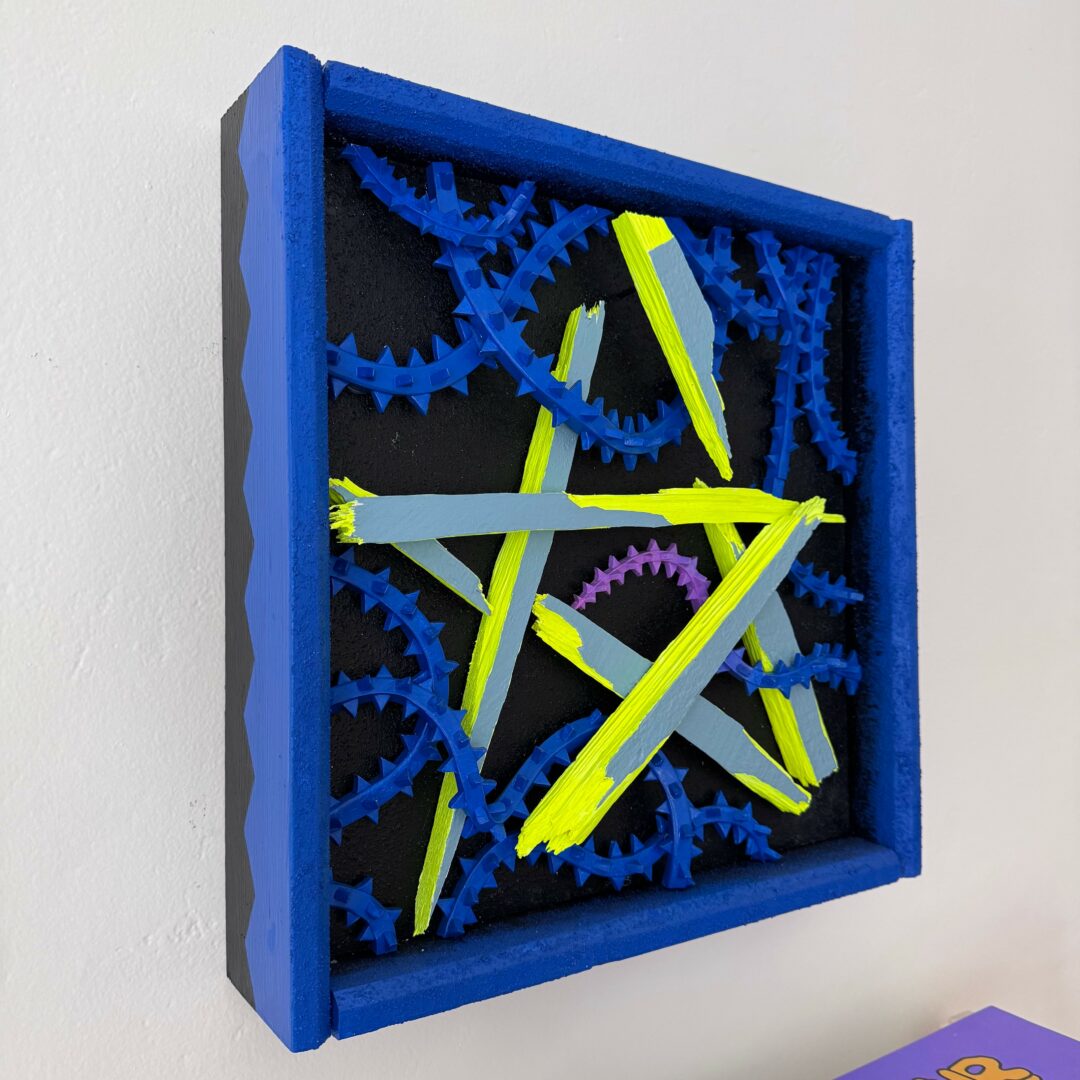Alright – so today we’ve got the honor of introducing you to Seth Sypko. We think you’ll enjoy our conversation, we’ve shared it below.
Seth, sincerely appreciate your selflessness in agreeing to discuss your mental health journey and how you overcame and persisted despite the challenges. Please share with our readers how you overcame. For readers, please note this is not medical advice, we are not doctors, you should always consult professionals for advice and that this is merely one person sharing their story and experience.
Mental health, for me, has traditionally been a struggle. I know that I’m not alone in that, but way in which it’s manifested for me has been in the form of a life-long, and at times, crippling depression.
As a kid, I didn’t really understand what was up with me, why I always felt so bummed out. What I did know, from very early on, was that I was inherently imaginative and creative. I had the good fortune of mostly being left to my own devices and having a mother that worked at a decent art museum. Art gave me something to connect with and I was obsessed! When I was feeling especially down, I could go to the museum and hang out with the paintings and sculptures. And, I drew…filling sketchbook after sketchbook.
A little later, I got my first bicycle. Where immersion in art gave me something to focus my creative energy on, riding my bike gave me physical freedom from a reasonably difficult home life. Despite making heaps of art and riding my bicycle for a whole ton through my teens, my mental health deteriorated throughout my 20’s and 30’s. I was in kind of a weird, hyper depressive limbo, sorta doing the things that brought me joy, but without intention or any real consistency.
Sometime in my very late 30’s I was introduced to the notion of a flow state. I started to notice that every time I rode my bike, the noise in my brain would shut off, that I could be present and focused. I got back into cycling in a big way, spending days out in the backcountry, riding hundreds of miles at a time. And, emotionally speaking, I felt great when I was doing this. It’s just that when I wasn’t riding, the waves of depression would flood back in. Distracting and debilitating.
It took a few more years of this routine to realize that as much as I was riding, my mental health was still pretty dismal and that I needed to get to the root of things. I started to explore different avenues. I tentatively got back into making art, I looked into plant medicine, self help books, and even as a last resort…therapy. Well, as it turned out, after some false starts, all of these things were cumulatively helpful. In their own way, each of these things gave me the necessary space to start healing and the chance for my psyche to reset.
After the better part of a decade, I kept riding my bike. Short and long distance, giving my mind some breathing room and letting my body do the work. And I started making art again. In earnest. I found that each time I’d work on a painting, the noise in my brain would also shut off. Instead of being external and focused on what was around me like when I was out on a bike ride, I could think about things that were bothering me, points of sadness and shame. It gave me the space to understand more about myself, my triggers and healthy ways of coping in times of stress. As a benefit, I get to be immersed in some subjectively cool stuff.
I think my mental health will always be an issue and that healing isn’t linear, but am truly thankful to have discovered some tools, some mechanisms that work for me. I hope that these insights help someone with their own struggle.


Great, so let’s take a few minutes and cover your story. What should folks know about you and what you do?
I’m an interdisciplinary visual artist that splits my time between Portland, Oregon and Upstate New York.
I’m currently taking time in the studio working on an ongoing collection of paintings presenting themes of death, desire and dysphoria as seen through the queer lens of the subversive club culture of the 90’s, psychic energy and psychedelic experimentation.
I also co-create a thematically diverse Portland based public access TV show, Cheechable LIVN.


There is so much advice out there about all the different skills and qualities folks need to develop in order to succeed in today’s highly competitive environment and often it can feel overwhelming. So, if we had to break it down to just the three that matter most, which three skills or qualities would you focus on?
I remember early on being told by a family member to learn as many things as I could and to acquire skills.
What kept me going in some of my tougher times was curiosity and compulsion to always be learning.


Before we go, maybe you can tell us a bit about your parents and what you feel was the most impactful thing they did for you?
My mother taught me to be my own person. I didn’t understand that for a long, long time. Being confident and comfortable with myself has allowed me to thrive in situations that I didn’t think were possible.
Contact Info:
- Website: https://Sethsypko.com
- Instagram: double_dinner
- Youtube: cheechablelive


so if you or someone you know deserves recognition please let us know here.




